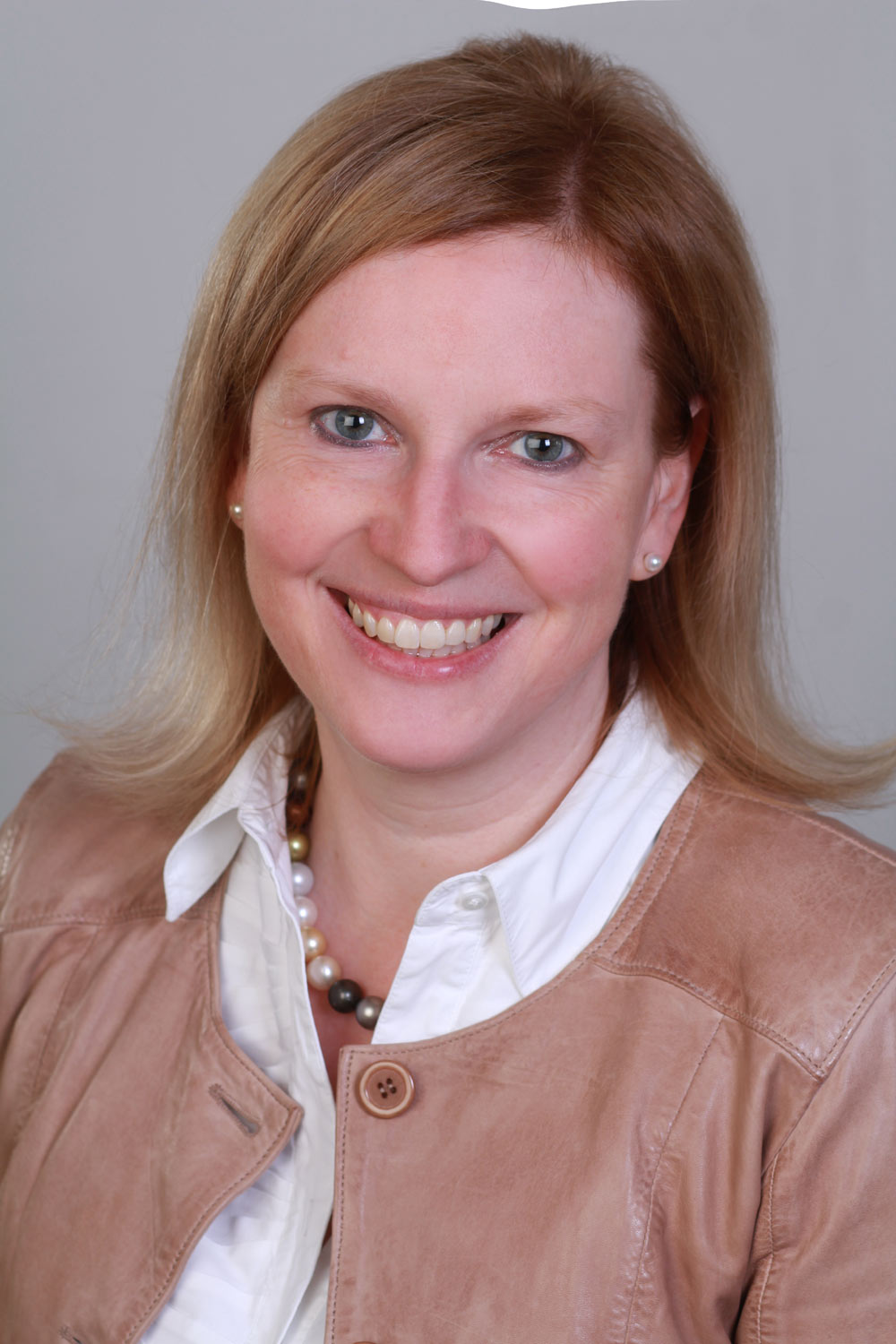
The Leopoldina National Academy of Sciences unites researchers with special expertise in their respective fields.
The criterion for admission to the Leopoldina is outstanding scientific achievement.
Prof. Christine Klein from the University of Lübeck has now received this honor. The director of the Institute of Neurogenetics at the University of Lübeck is a new member of the Leopoldina National Academy of Sciences, where she belongs to the Neuroscience Section.
She is very pleased about this, says Prof. Klein. “This admission is an extraordinary honor and distinction, and I understand it as a further incentive to make the greatest possible contribution to science in general and to the Leopoldina in particular.”
Among scientists, admission to the ranks of Leopoldina members is considered one of the highest honors. In addition to Prof. Christine Klein, Prof. Jeanette Erdmann from the University of Lübeck is currently a member of the Leopoldina National Academy of Sciences.
Prof. Christine Klein is particularly grateful to all members of the institute and colleagues in neurology, as well as the many cooperation partners on campus, in Germany and internationally, through whom the research and exposure have only become possible. “I would also like to thank the University of Lübeck very much; I have always received the greatest possible support over all these years – even for unusual projects – which is something very special.” For example, Prof. Klein helped launch the ELISA study, which is investigating the spread of coronavirus in Lübeck and the region, at short notice. “I wish to be able to give a little back to my university, to science, but also to society in general by being a member of the Leopoldina and to be involved with and for science in all its facets and dimensions.”
Christine Klein studied medicine in Hamburg, Heidelberg, Lübeck, London and Oxford from 1988. She received her license to practice medicine in Lübeck in 1995, the same year she completed her doctorate at the University of Hamburg on “Rat Synaptic Proteins” at the Institute of Molecular Neurobiology Hamburg (ZMNH) under Prof. Craig Garner. During her internship year in England, she was able to publish her first clinical research papers. Finally, she spent two years at Harvard Medical School. The stay abroad was funded by the German Research Foundation. In 1999 she returned to Lübeck, where she established her own research group.
With her expertise, the scientist is now strengthening the Leopoldina, which is a classic learned society with around 1,600 members from almost all scientific disciplines. The proportion of female scientists among its members has risen from seven to 15 percent over the past ten years.
The academy's tasks include representing German science abroad and advising politicians and the public. For example, the Leopoldina is advising the German government on the current coronavirus pandemic.
It brings together researchers with special expertise in their respective fields. The approximately 1,600 academy members come from more than 30 countries. Each year, about 50 scientists are elected to the academy for life in a multi-stage selection process. Admission follows a nomination by Academy members, which is followed by a multi-stage selection process by the Section, the Class and the Presidium.
Since the Academy was founded in 1652, more than 7,000 individuals have been admitted to its ranks. These have included Marie Curie, Charles Darwin, Albert Einstein, Johann Wolfgang von Goethe, Alexander von Humboldt, Justus von Liebig and Max Planck.
